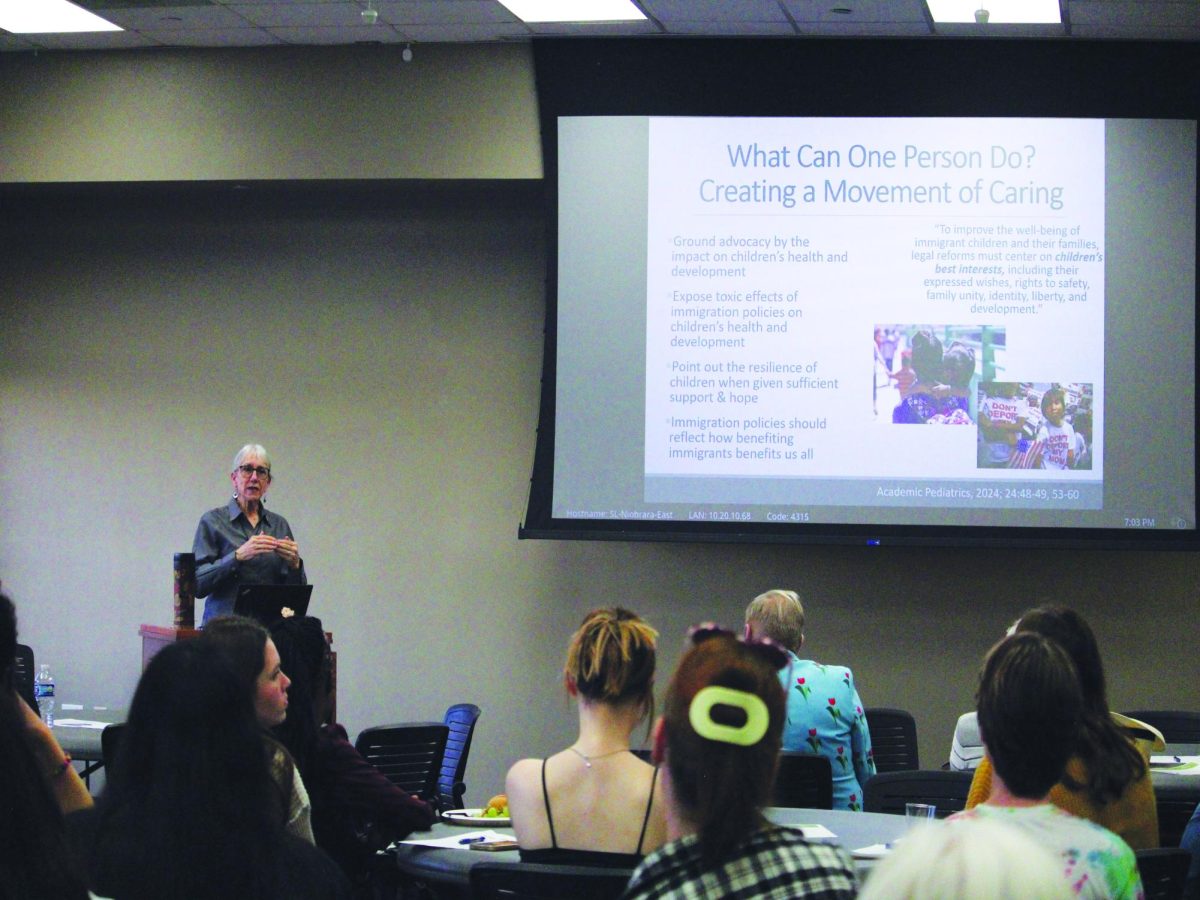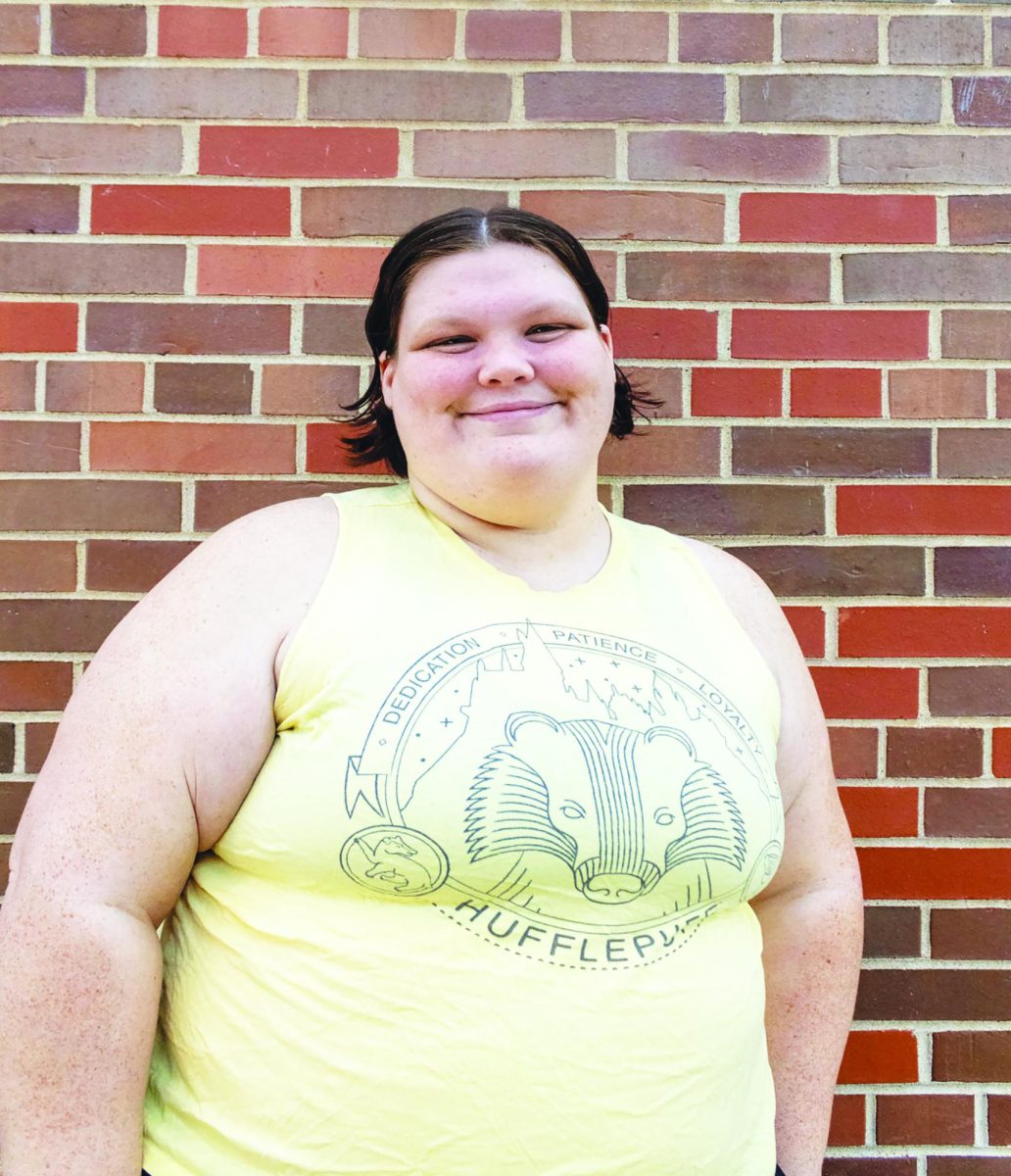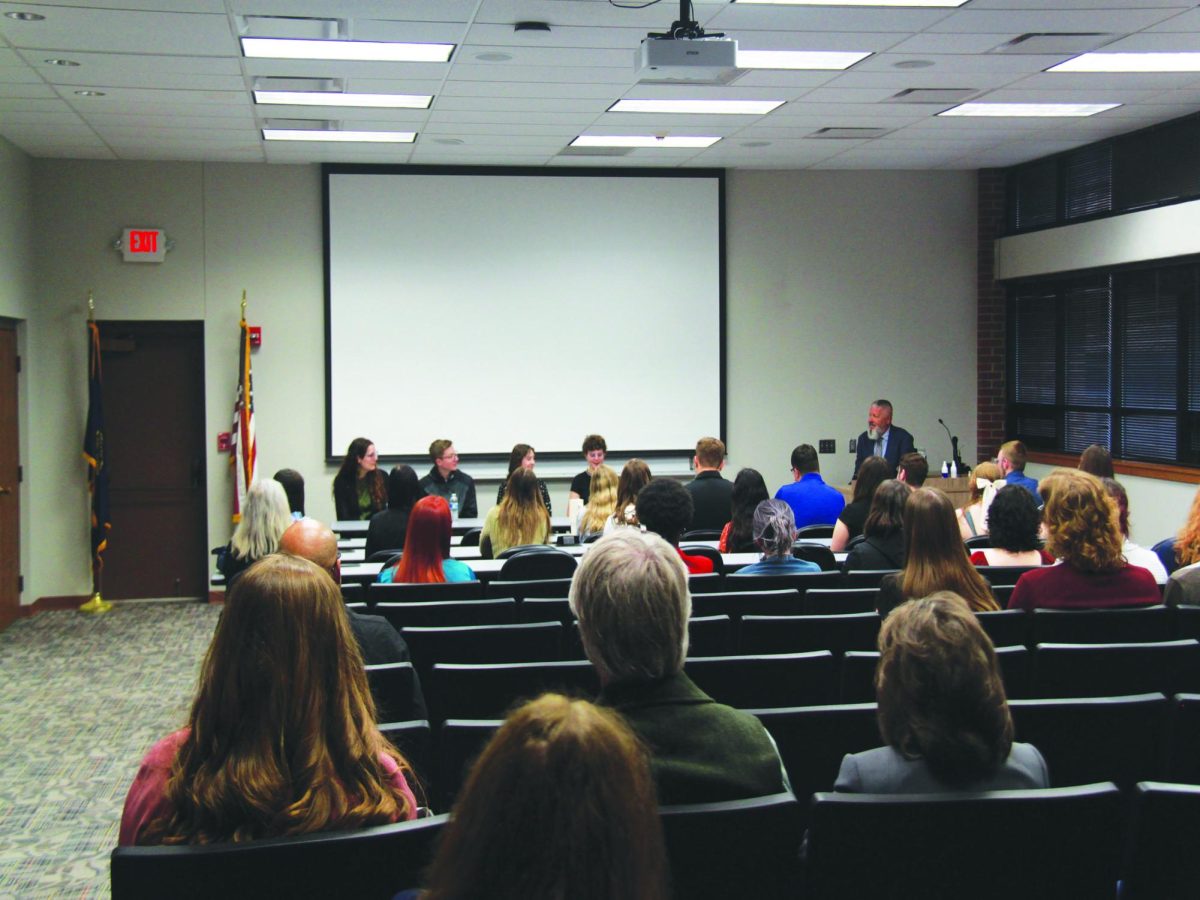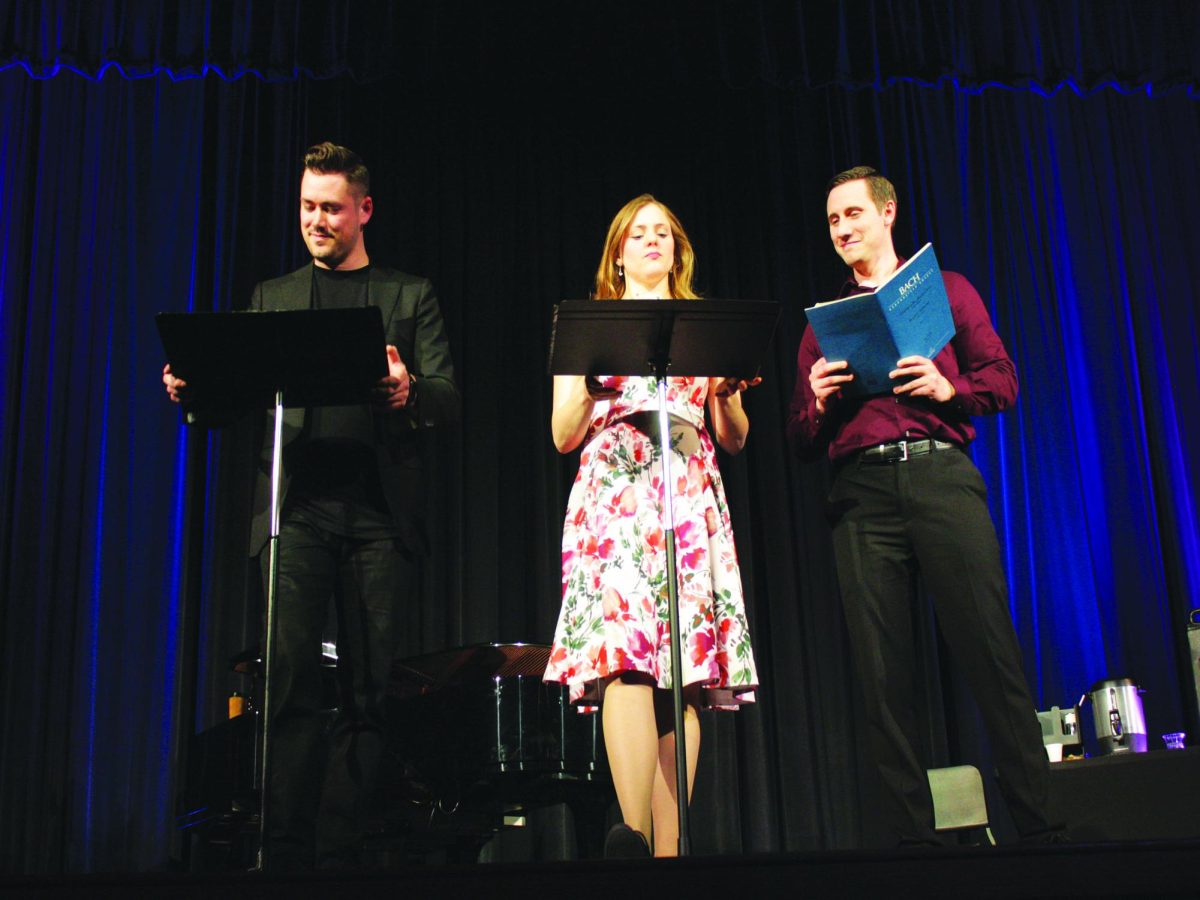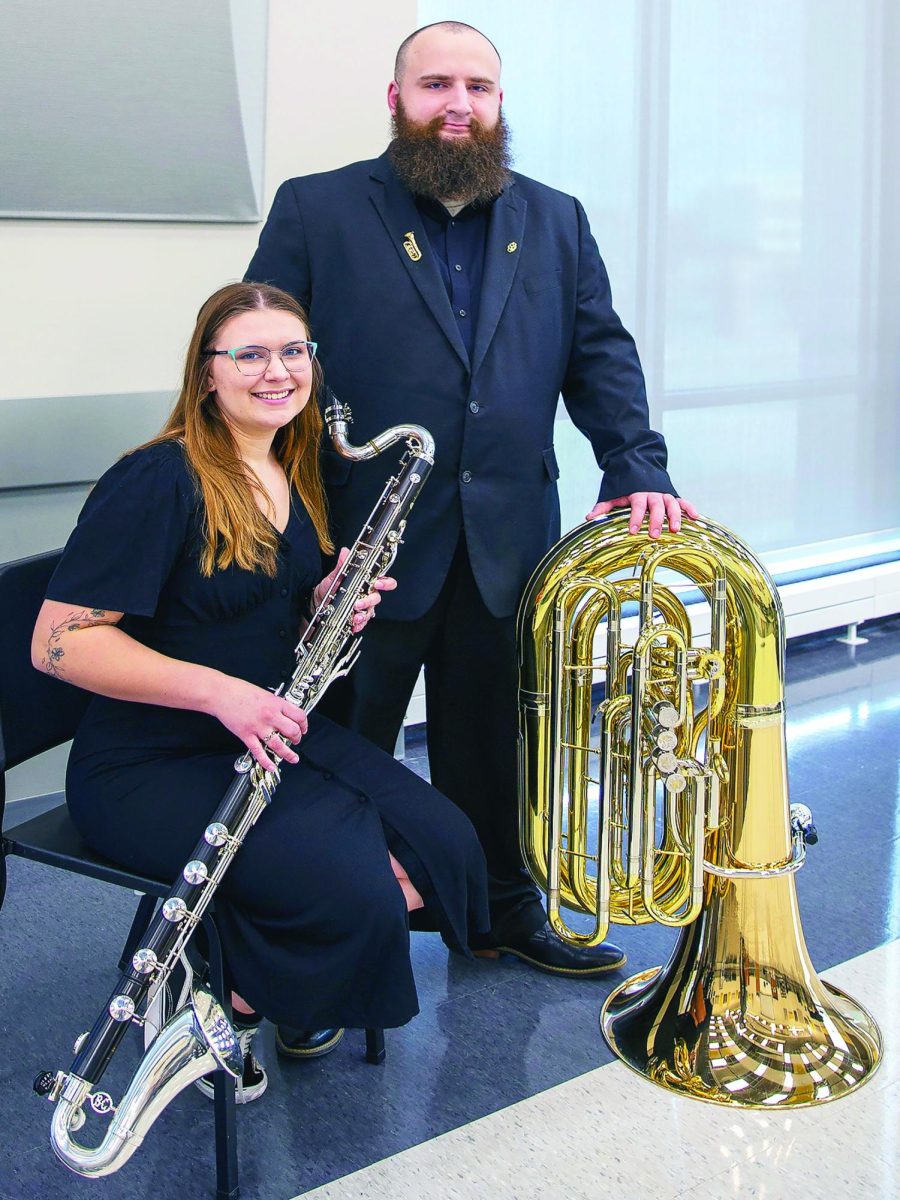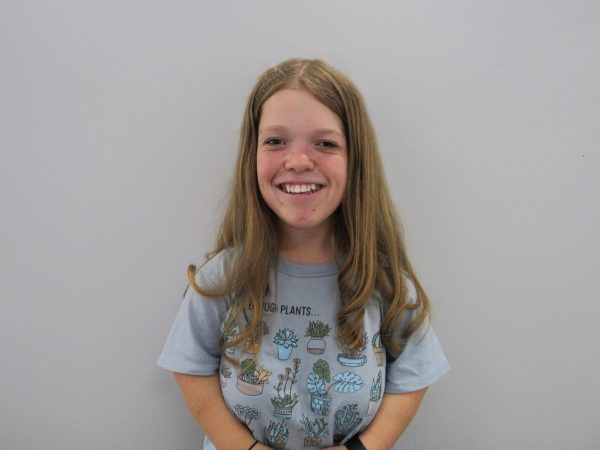On October 4, 2013, a tornado that’s still remembered today struck Wayne.
As it made its way towards the small town of Wayne, Jay Collier, director of college relations, noticed it looked more like a wall of rain than a tornado. Frankly, he couldn’t even see the tornado.
“I was able to walk and look further east and I could see this wall going down the road,” Collier said.
During the time being, communication was down, and Collier played an important role on campus where he needed to be able to reach the faculty and students. The lack of communication was an extreme barrier, one that caused him even more stress when he couldn’t get a hold of a colleague and good friend of his.
“The only place I could find that had any communication outbounds was the old campus security building,” Collier said. “I started calling our CEO at the time, John Dunning, but I couldn’t reach him.”
After his attempt at getting ahold of Dunning, Collier received news that Dunning had been injured. On his way back from a conference, Dunning and another faculty member had to pull over due to the extreme weather, and exit the vehicle to get in the ditch. Unfortunately, the tornado caused a roll off dumpster to come crashing down on Dunning while he was taking cover.
“They go down into the ditch and they’re taking cover and here comes this giant roll off dumpster from one of the industrial sites,” Collier said. “Flipping through the air like a toy, it smashes down on top of John.” Collier said Dunning was extremely lucky to make it through the incident alive.
While Dunning’s accident left an impact on the campus and people in the community, the aftermath of the disaster held an even bigger impact.
“What was glorious about it was the aftermath,” Collier said. “All of the student groups went out to pick up debris.”
Steven Elliott, vice president of academic affairs, was on the same page when it came to the work ethic volunteers and student groups gave out to the community. As a member of Team Rubicon, a disaster organization, Elliott had previously been exposed to helping cleanup after a major weather disaster. However, this disaster was huge compared to others.
“Whenever you have a natural disaster, a lot of people start showing up to help, but you don’t always have the organizational structure to use that help and sometimes the disaster becomes the aftermath of the actual incident,” Elliott said.
Ellliott said during the aftermath and cleanup from the disaster, there wasn’t any damage on campus that student groups could help with, other than picking up debris scattered everywhere. Rather, the campus was very lucky when it came to damages.
“As the tornado was coming our way, it veered in a northeast direction,” Collier said, “Had it stayed on the right path, it would’ve come right through campus.”

